When I was first diagnosed with celiac disease in the 1990s, oats were firmly planted on the “Do Not Eat” list. Since then, scientists have learned that the reason oats had historically tested positive for gluten was because they were contaminated with gluten-containing grains during the growing, harvesting, milling and packing stages.
You see, oat groats are similar in size and shape to other grains like wheat, so the same machines have long been used for both. Luckily, in many countries there are now dedicated fields and machines to produce and pack oats, which are then tested by independent agencies to ensure that they contain less than 10ppm gluten (less even, than the proposed FDA standard of <20ppm gluten). These are known as “purity protocol oats” or “pure oats” and if independently certified, they are also “certified gluten free.”
However, some still doubt that oats should be included on a gluten-free diet. For those of you still unsure if certified gluten-free oats are safe for celiacs & others with gluten sensitivity, these study results should help.
Research from Wageningen UR (University & Research Centre) has concluded that of the 29 internationally agreed toxic peptides of wheat, barley or rye which cause reactions in people with celiac or gluten intolerance, none are present in oats. Another study concluded that a “normal” amount of oats are a safe gluten-free option for most CD patients, but that some oats may not be as immunogenic as are other oat cultivars — meaning that if you’ve tried one brand of certified gluten-free oats and it didn’t agree with you, you may want to switch brands. It should be noted, however, that if you are still experiencing celiac-like symptoms even after trying different brands of GF oats, you may be one of a newly-recognized group of celiacs for whom oats trigger an immune response. One study found that 8% of celiacs fall into this category.
What does this mean for you? It means that if your doctor says you can try certified gluten-free oats on your GF diet, you should! They are über healthy, delicious and versatile, and make a gluten-free diet all that much easier to follow.
Adding a healthy bowl of gluten-free oatmeal to your breakfast options, oatmeal crisp and oatmeal cookies to your dessert choices, and oat flour to your scones and breads can dramatically increase not only the nutrition in your diet, but also your happiness while sticking to it.
Just remember to ONLY buy CERTIFIED gluten-free oats grown under the purity protocol. For more on the difference between so-called gluten-free oats and certified, purity protocol oats, hop to this article on purity protocol or listen to my Gluten Free Voice podcast interview with Seaton Smith from GF Harvest. Also, be sure to read this article on shopping for safe gluten free products so you can identify labels indicating that a product is certified by a third party. Unless the brand is listed in this list compiled by the Gluten Free Watchdog, it is not using pure oats for its “gluten free” oats.

Unfortunately, there are those who still find that oats disagree with them. This isn’t unusual, as any food product could cause any individual problems. If you experience symptoms or discomfort when including oats in your diet, then you are one of those folks who just can’t tolerate oats for some reason, and you should exclude them from your diet. Just as you should exclude dairy or soy or sesame seeds or or or …, if they disagree with you. If GF oats aren’t your friend, a good substitute to try is gluten free Quinoa Flakes.
I hope this information is helpful to you as you navigate the world of safe gluten-free foods.
✱P.S. If you’re wondering where to find Certified Gluten-Free Oats, one easy place to look is on my website. I offer Purity Protocol Certified Gluten Free Oats in my shop since they are great for cookie recipes or for a morning bowl of oatmeal, and are perfect for travel!
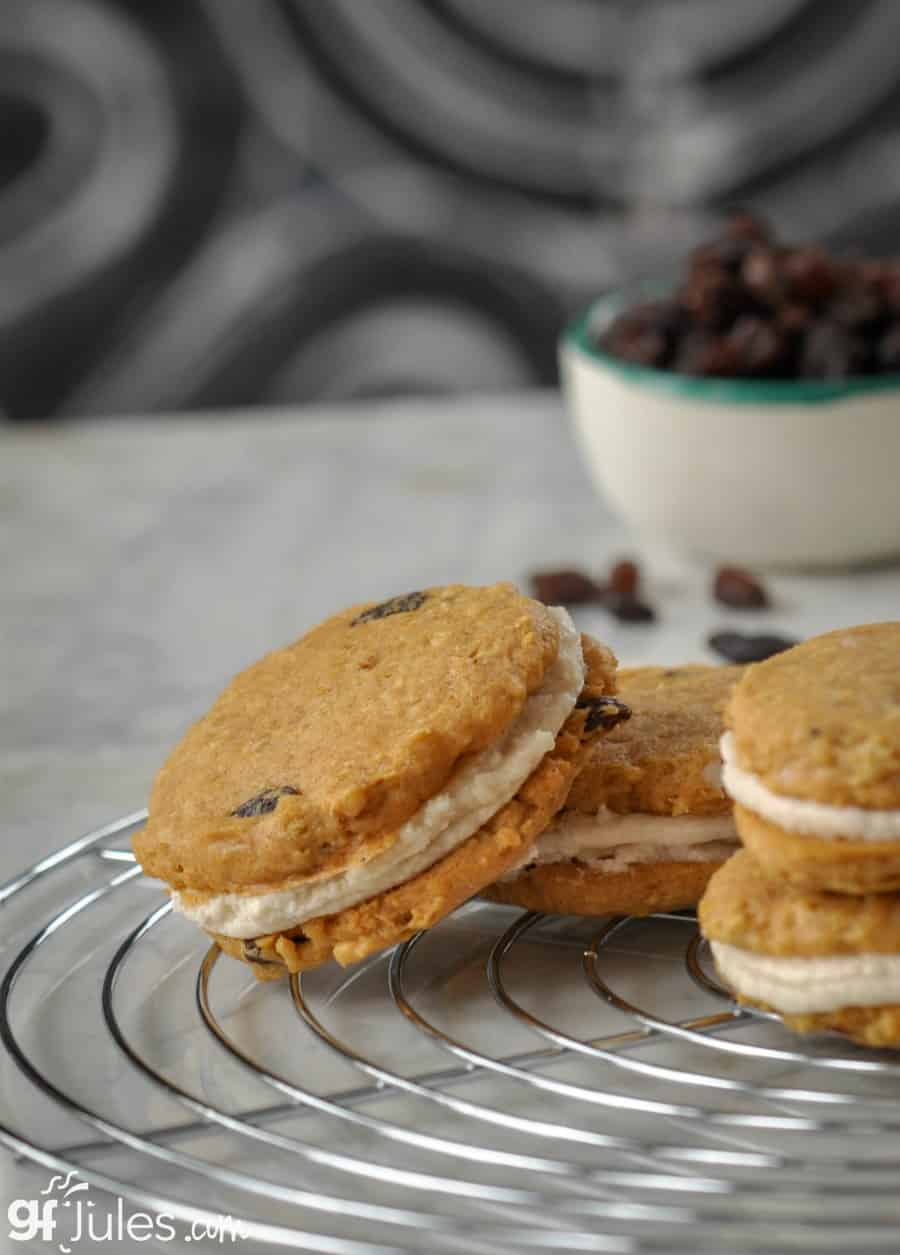


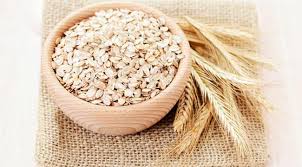
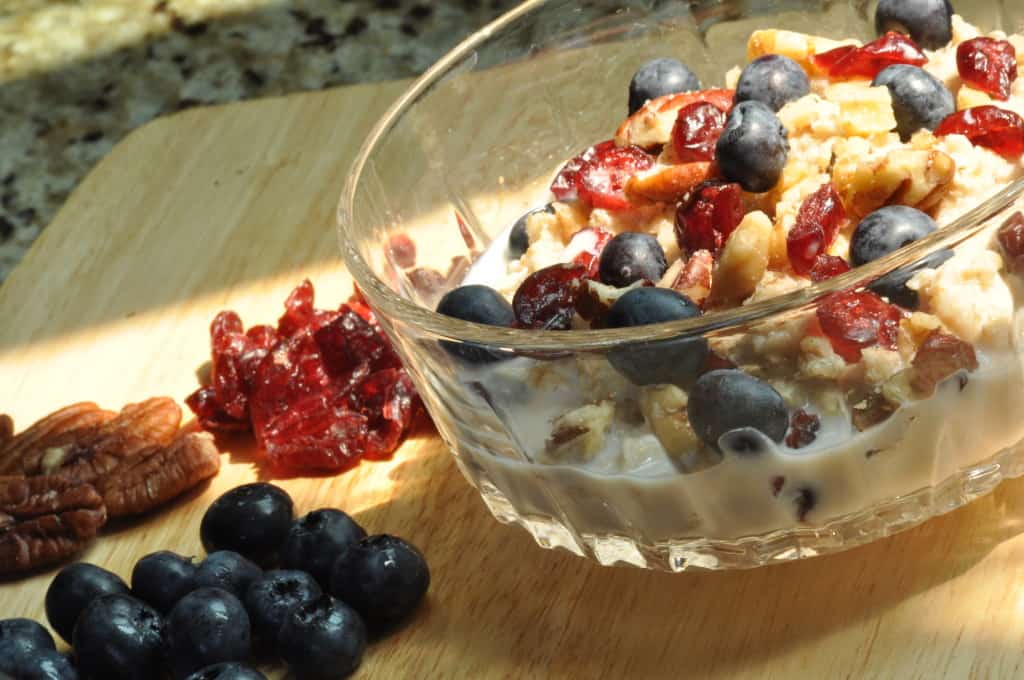

















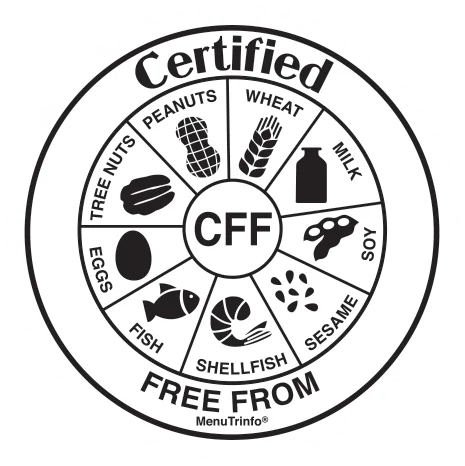

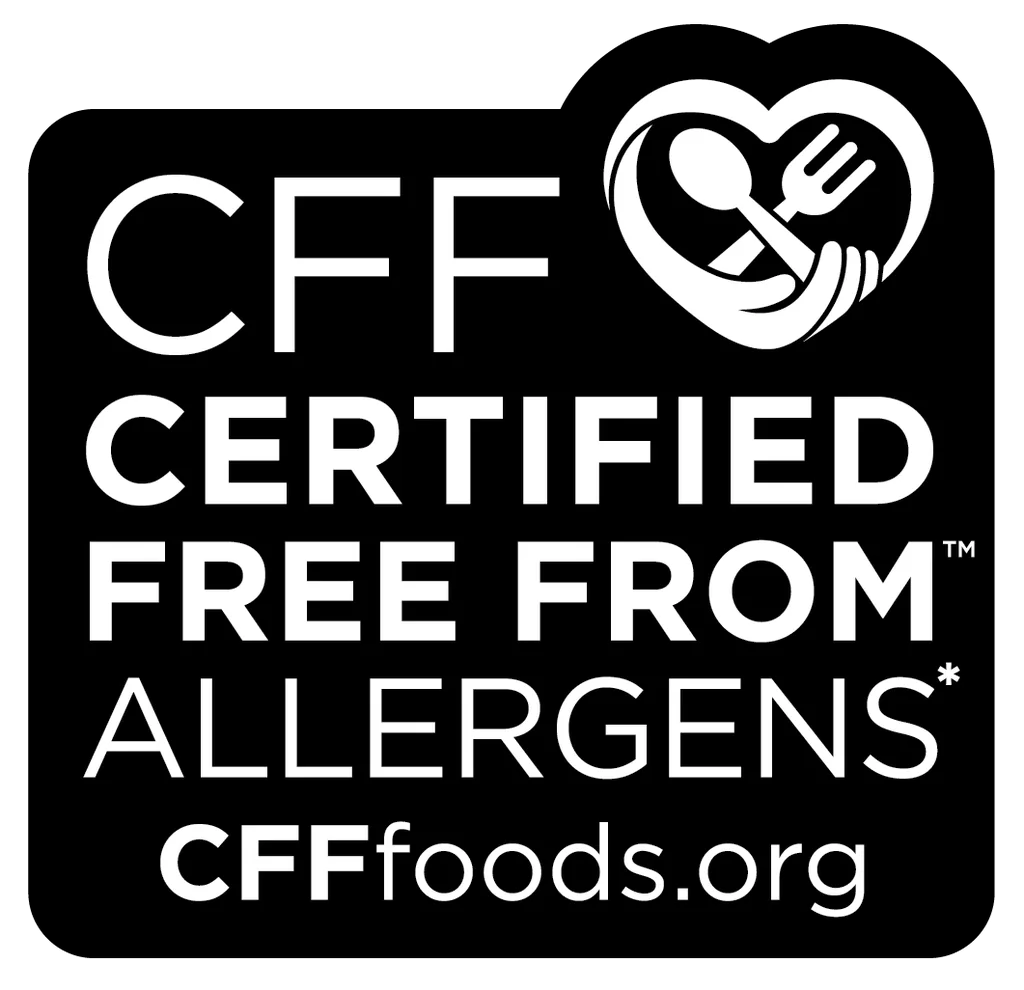
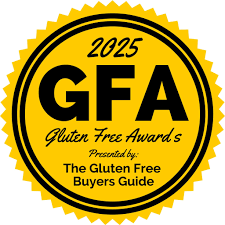
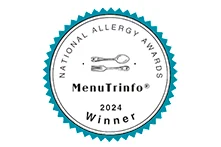
Thanks for this post.
Thank you thank you thank you! I love my oatmeal in the morning, and found that with oat flour I could cook a lot of delicious things. I find that there is no reaction that I get when I eat oats, but because of the precarious situation with oats, I backed away from them. I will now resume back to eating my oats! Thank you for this clarifying article.
So glad it’s been helpful, Satya! Enjoy those GF oats!!!